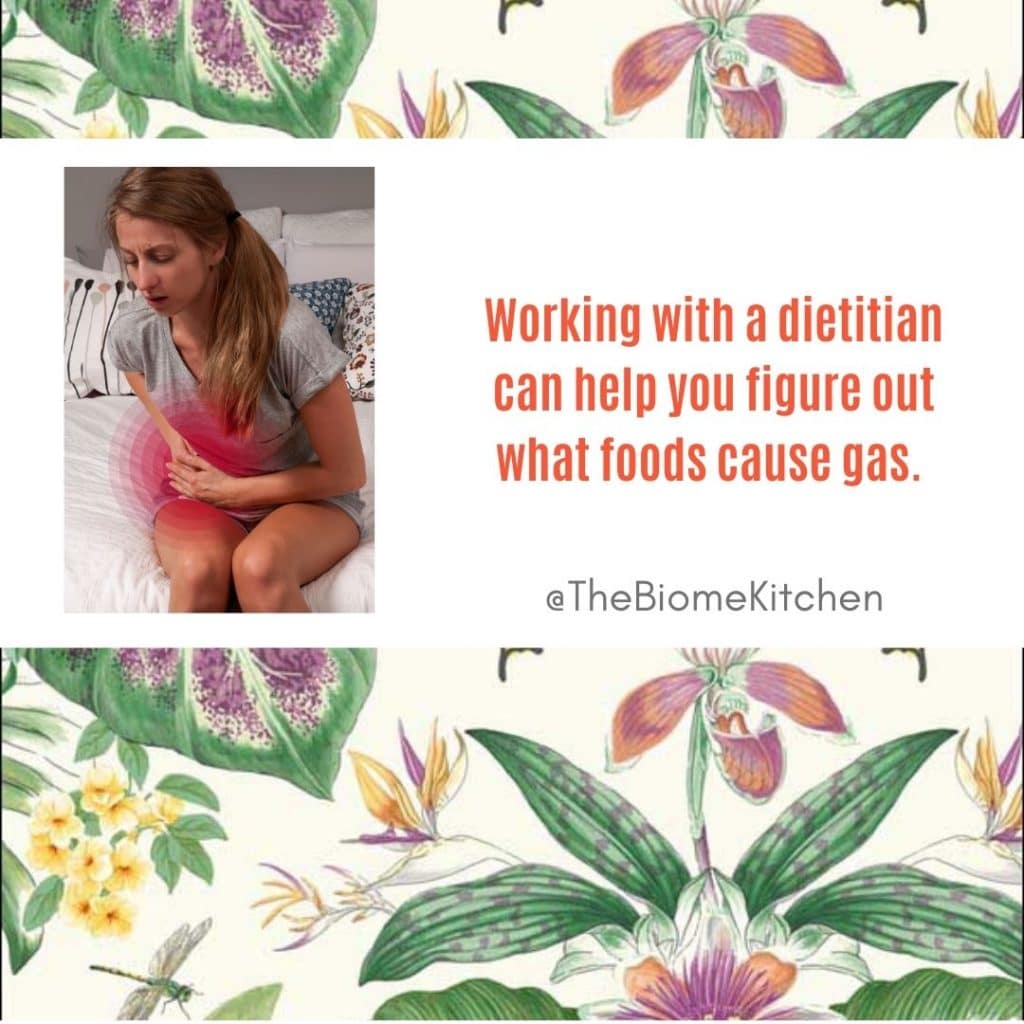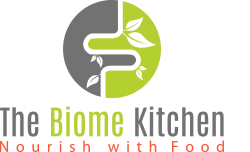What is PI-IBS?
Ever had the stomach flu and the symptoms just did not disappear? Irritable Bowel Syndrome (IBS) symptoms following a gut infection (gastroenteritis) caused by bacteria, viruses or even parasites can linger Post Infectious IBS (PI-IBS) can develop after a gastrointestinal infection and may be characterized by IBS symptoms such as abdominal pain, bloat, discomfort or changes in bowel habits like diarrhea, constipation or both.
These symptoms may disappear over time on their own, with the help of diet, lifestyle factors and medications.

The Diet for PI-IBS
Unfortunately, there is no one size fits all diet plan for post infectious IBS. The following guidelines however may be helpful:
- The Low- FODMAP DIET
- Soluble fiber such as Psyllium, oats and certain fruits and veggies
- Natural probiotics such as yogurt
- Drinking plenty of water 8c + day for hydration
- Small, frequent easy to digest meals
- Identifying and eliminating trigger foods such as caffeine, spicy foods or artificial sweeteners.
The low FODMAP Diet
If you have been diagnosed with PI-IBS please make a “Discovery Call” appointment here on the Biome Kitchen Website so we can work on a low FODMAP diet together. My six-week “Beat IBS Bloat “program may have you feeling better and help with symptom management.
NOTE: It is important for individuals experiencing persistent gastrointestinal symptoms after an infection to seek medical attention for proper medical evaluation and management.
References
Berumen A, Edwinson AL, Grover M. (2021). Post-infection irritable bowel syndrome.
Gastroenterol Clin North Am. 50(2):445-461. doi: 10.1016/j.gtc.2021.02.007.
Ghoshal UC. (2022). Postinfection irritable bowel syndrome. Gut Liver. 15;16(3):331-340. doi:
10.5009/gnl210208.
